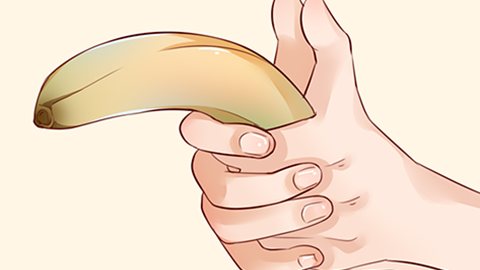What are the harms of masturbation?
Generally speaking, masturbation refers to self-stimulation. The potential harms of masturbation include inflammation of the reproductive system, sexual dysfunction, poor mental condition, endocrine disorders, and effects on fertility. A detailed analysis is as follows:

1. Inflammation of the Reproductive System
The hands carry numerous microorganisms, which may enter the reproductive organs during contact, providing pathogens an opportunity to invade. These pathogens can multiply within the favorable environment of the reproductive system, damaging normal physiological functions of tissues and potentially causing inflammation such as urethritis, prostatitis, seminal vesiculitis, and epididymitis.
2. Sexual Dysfunction
Long-term frequent masturbation keeps the brain's sexual center in a state of excitement for prolonged periods, easily leading to fatigue of the sexual center and reduced sensitivity to sexual stimuli. For example, during normal sexual activity, it may be difficult to achieve sufficient excitement, thus causing sexual dysfunctions such as premature ejaculation and erectile dysfunction.
3. Poor Mental Condition
Excessive masturbation can lead to excessive consumption of physical energy, affecting the balance of neurotransmitters in the brain. For instance, secretion disorders of neurotransmitters like dopamine and serotonin may result in mental depression, difficulty concentrating, and decreased memory. The brain remains in a state of fatigue for extended periods, unable to efficiently engage in activities such as studying and working, thus affecting daily life and learning efficiency.
4. Endocrine Disorders
Masturbation can affect hormone secretion in the body. Under frequent stimulation from masturbation, the hypothalamic-pituitary-gonadal axis may experience functional disturbances, leading to imbalances in sex hormone secretion. This not only affects the development and function of the reproductive system but may also cause chain reactions in other body systems, such as affecting bone growth, muscle development, and skin condition.
5. Impact on Fertility
Severe inflammation of the reproductive system, such as epididymitis and prostatitis, may affect sperm production, maturation, transportation, and semen quality. For example, inflammation could lead to blockage of the seminal ducts, preventing sperm from being ejaculated normally; inflammatory factors may also damage sperm, reducing their motility and fertilization capability, thus affecting fertility and increasing the risk of male infertility.
It is important to cultivate a healthy lifestyle in daily life, maintain regular sleeping hours, ensure sufficient sleep, actively participate in various physical exercises and beneficial social activities, enrich leisure time, divert excessive focus on sex, and reduce opportunities for masturbation, thereby promoting comprehensive and healthy physical and mental development.









